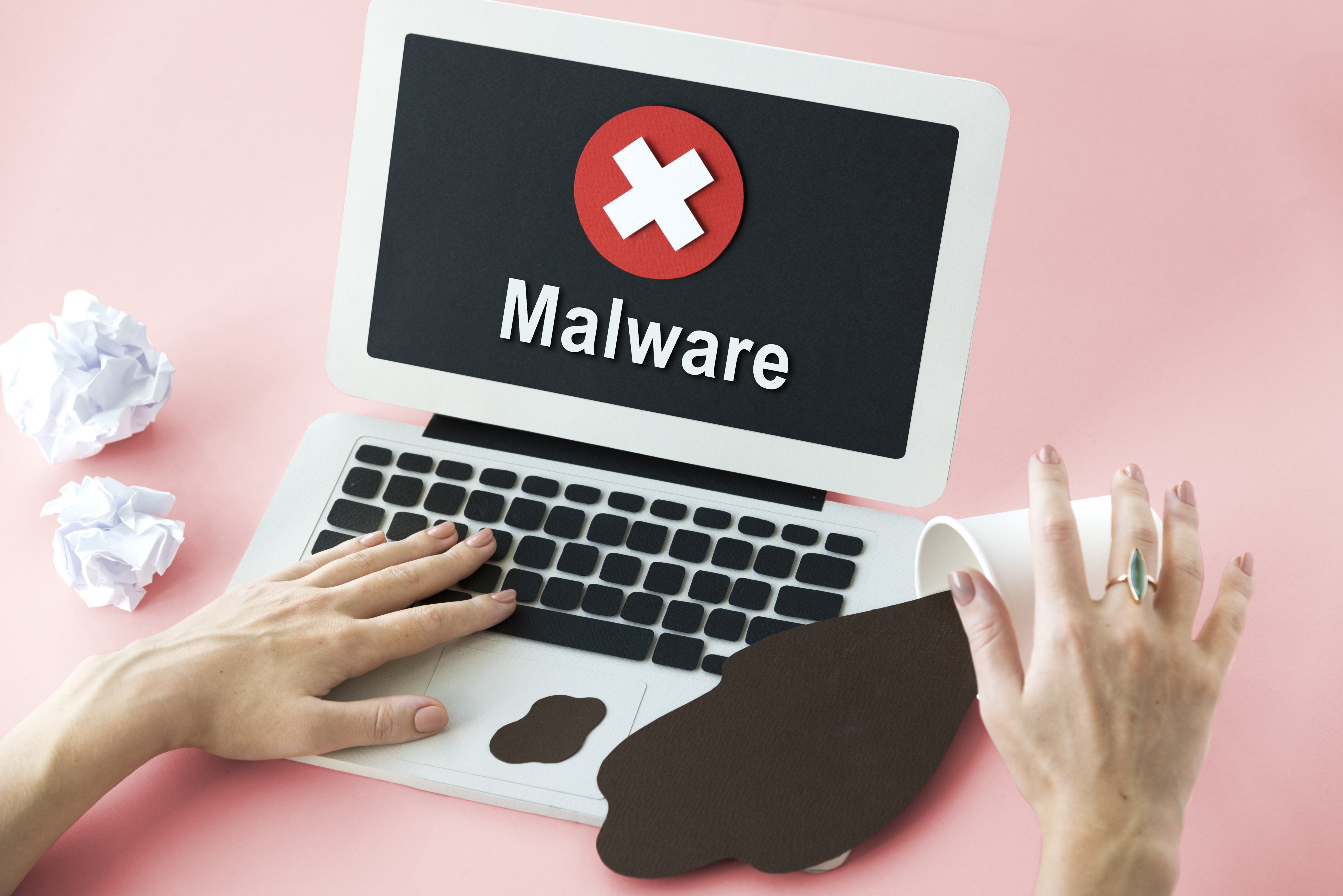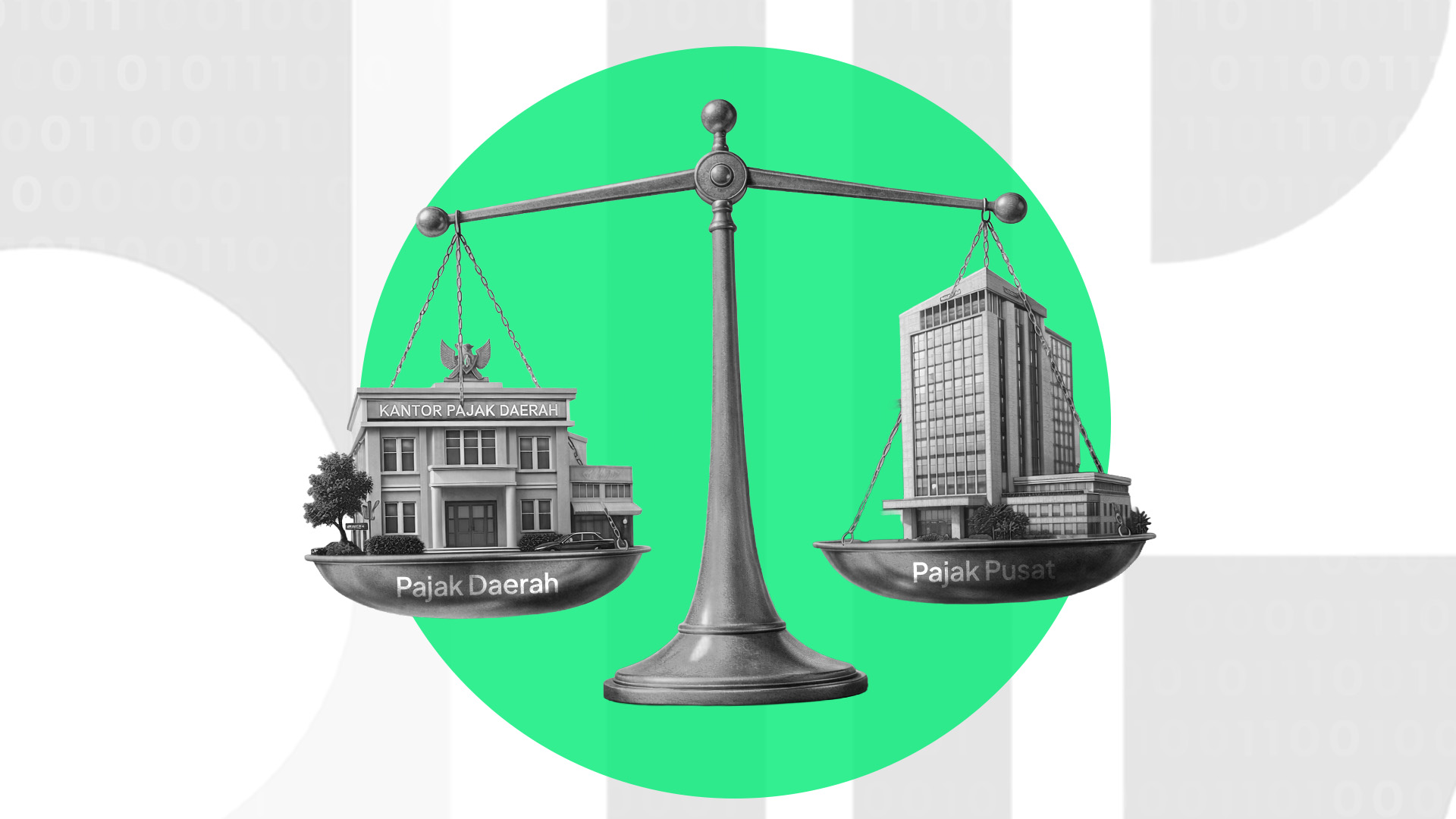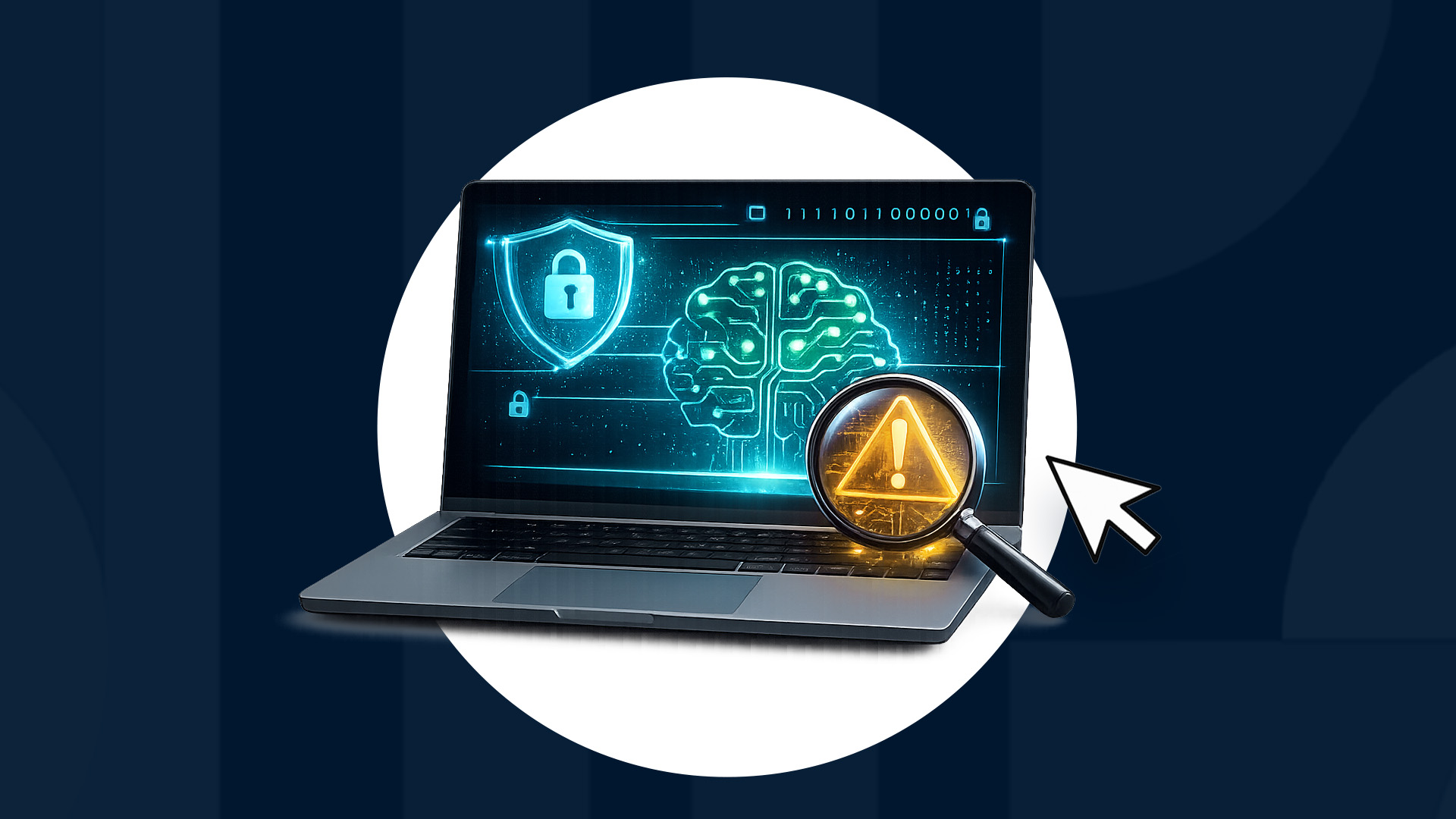The internet has become an essential part of daily life. It brings various conveniences and innovations in many aspects. However, behind all its benefits, there are negative impacts of the internet that we cannot always control. One of these is the negative impact of the internet on personal data security.
In this article, we will discuss the negative impacts of the internet on personal data and why it is important for users to be cautious and use secure verification methods.
Personal Data in the Digital World
Personal data uploaded to the internet has become our digital identity. Digital identity is electronic information that represents a person in the virtual world. Its function is similar to paper-based personal data (physical identity), so its security must be maintained.
Personal data in the digital world can be used as credentials if:
- A person has only one identity within a system.
- A person is aware that their information has been collected by the system.
- The identity is verified and authenticated.
- A person can ensure that their data is secure and accessible only to them.
Because personal data in digital form is spread across the internet, it is vulnerable to theft. There have been many cases of personal data breaches that ultimately result in the theft of money from bank accounts.
Negative Impacts of the Internet on Personal Data
Most breaches that result in financial losses begin with a system's failure to safeguard personal data. Here are the negative impacts of the internet on personal data that we need to be aware of.
1. Identity Theft
One of the biggest negative impacts of the internet is identity theft. Cybercriminals can steal personal information such as ID numbers, addresses, dates of birth, and other sensitive information. This data can then be used to commit fraud, open bank accounts, or apply for loans in the victim's name.
2. Phishing
Phishing is a method where the perpetrator disguises themselves as a trusted entity and tricks the victim into revealing their personal or financial information. The perpetrator sends fake emails, text messages, or websites containing links that influence the victim to click on them. These links have been modified to steal the victim's personal data. For those unaware, phishing attacks can be very convincing and often lead to significant financial losses.
3. Hacking and Malware
This negative impact of the internet involves hackers infiltrating users' devices with malware that is unknowingly downloaded. Once inside, hackers can steal data, damage systems, or even lock the victim's data and demand ransom (ransomware).
4. Data Tracking and Collection
One of the negative impacts of the internet that we rarely notice is data tracking and collection. Many websites and applications collect users' personal data without clear permission. This information is often used to profile users and then sold to third parties for marketing purposes. Worse, it can be used in activities that violate privacy.
5. Data Breaches by Companies
Many company applications collect users' personal data to open accounts and use the application. If companies are not careful, this process can lead to data breaches. Breaches occur when this information is stolen by hackers, resulting in personal information being spread on the internet and potentially misused by irresponsible parties.
6. Misuse of Social Media
The negative impact of the internet on personal data is often caused by users themselves. When using social media, users may unknowingly share personal data with the public. This dispersed data can then be misused for various purposes, from identity theft to stalking and cyberbullying. Information posted on social media can also be used by hackers to guess security questions and passwords.
7. Access to Personal Information by Third-Party Applications
Many applications request access to users' personal data without providing a clear reason why the data is needed. This data can be misused or sold to third parties without the user's knowledge.
8. Deepfake and Data Manipulation
Personal data also includes biometric data (face, fingerprint, or retina). Technological advancements have led to a new form of personal data theft through deepfake technology. This technology is used to create fake videos or audio that appear real. A person's biometric data can be falsified to access personal accounts, conduct transactions, access personal information such as medical records, and commit other criminal acts.
Protect Personal Data with Secure Verification
Don't worry, the negative impacts of the internet on personal data security can be prevented. One way is to use secure verification methods. Here are some ways to protect personal data:
1. Protect Sensitive Data
Secure verification helps ensure that sensitive data is only accessed by authorized parties. Methods such as two-factor authentication (2FA) or biometrics can significantly enhance personal data security. Always add an extra layer of security with 2FA, which requires users to enter a code sent to their device in addition to a password.
2. Use Encryption
With strong verification, the risk of unauthorized access to accounts and personal information can be minimized. Technologies like encryption and tokenization help protect data from intruders.
3. Counter Phishing Attacks
Do not click on suspicious or unknown links in emails, text messages, or websites. Verify the source first. Secure verification can help counter phishing attacks by ensuring that only legitimate users can access their accounts, even if there are fraudulent attempts to deceive them into providing login information.
4. Update Passwords Regularly
Use strong and unique passwords for each account and update them regularly to reduce the risk of hacking.
5. Use Security Applications
Install trusted security applications and antivirus software on devices to protect against malware and other cyber threats. Don't forget to adjust privacy settings on social media and applications to control what personal information is accessible to the public.
Efforts to counter the negative impacts of the internet on personal data security cannot be done alone. There needs to be collaboration between users, platform providers, service companies, and regulators.
VIDA, as a trusted digital identity company, offers verification services that can help enhance personal data security. Secure verification from VIDA has been strengthened with the ability to control the entire verification process, allowing hacking attempts to be prevented more quickly.
Negative Impacts of the Internet on Personal Data Security
Avoiding the negative impacts of the internet on personal data can be done in various ways, one of which is through verification. Let's take a look at the explanation.


Types of Taxes and the Convenience of the Coretax System
Learn about the different types of taxes in Indonesia, their benefits, and how Coretax supports secure, integrated tax reporting.
February 11, 2026
.jpeg)
The New Digital Crime Economy: Why AI-Driven Fraud Syndicates are the 'Startups' of the New Era
AI-powered attacks—such as large-scale deepfake attacks, synthetic identity fraud, and automated device farms—are effectively eroding trad...
February 03, 2026

AI Used for Fraud Detection: How Does It Work?
Fraud is becoming harder to detect with traditional methods. Learn why AI is reshaping how organizations identify and prevent digital fraud...
January 28, 2026
.png)